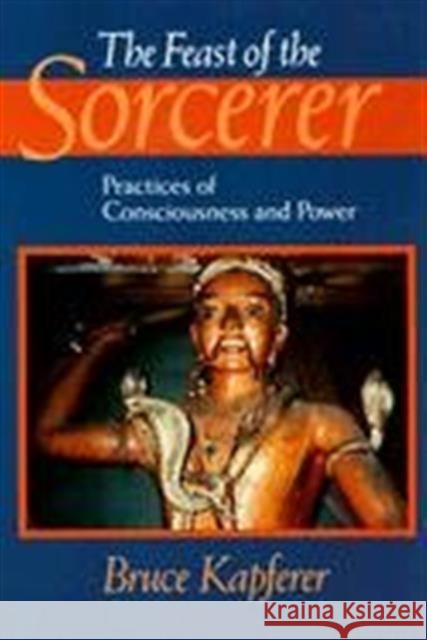The Feast of the Sorcerer: Practices of Consciousness and Power » książka
The Feast of the Sorcerer: Practices of Consciousness and Power
ISBN-13: 9780226424132 / Angielski / Miękka / 1997 / 388 str.
Sorcery has long been associated with the "dark side" of human development. Along with magic and witchcraft, it is assumed to be irrational and antithetical to modern thought. But in "The Feast of the Sorcerer," Bruce Kapferer argues that sorcery practices reveal critical insights into how consciousness is formed and how human beings constitute their social and political realities.
Kapferer focuses on sorcery among Sinhalese Buddhists in Sri Lanka to explore how the art of sorcery is in fact deeply connected to social practices and lived experiences such as birth, death, sickness, and war. He describes in great detail the central ritual of exorcism, a study which opens up new avenues of thought that challenge anthropological approaches to such topics as the psychological forces of emotion and the dynamics of power. Overcoming both "orientalist" bias and postmodern permissiveness, Kapferer compellingly reframes sorcery as a pragmatic, conscious practice which, through its dynamic of destruction and creation, makes it possible for humans to reconstruct repeatedly their relation to the world.











